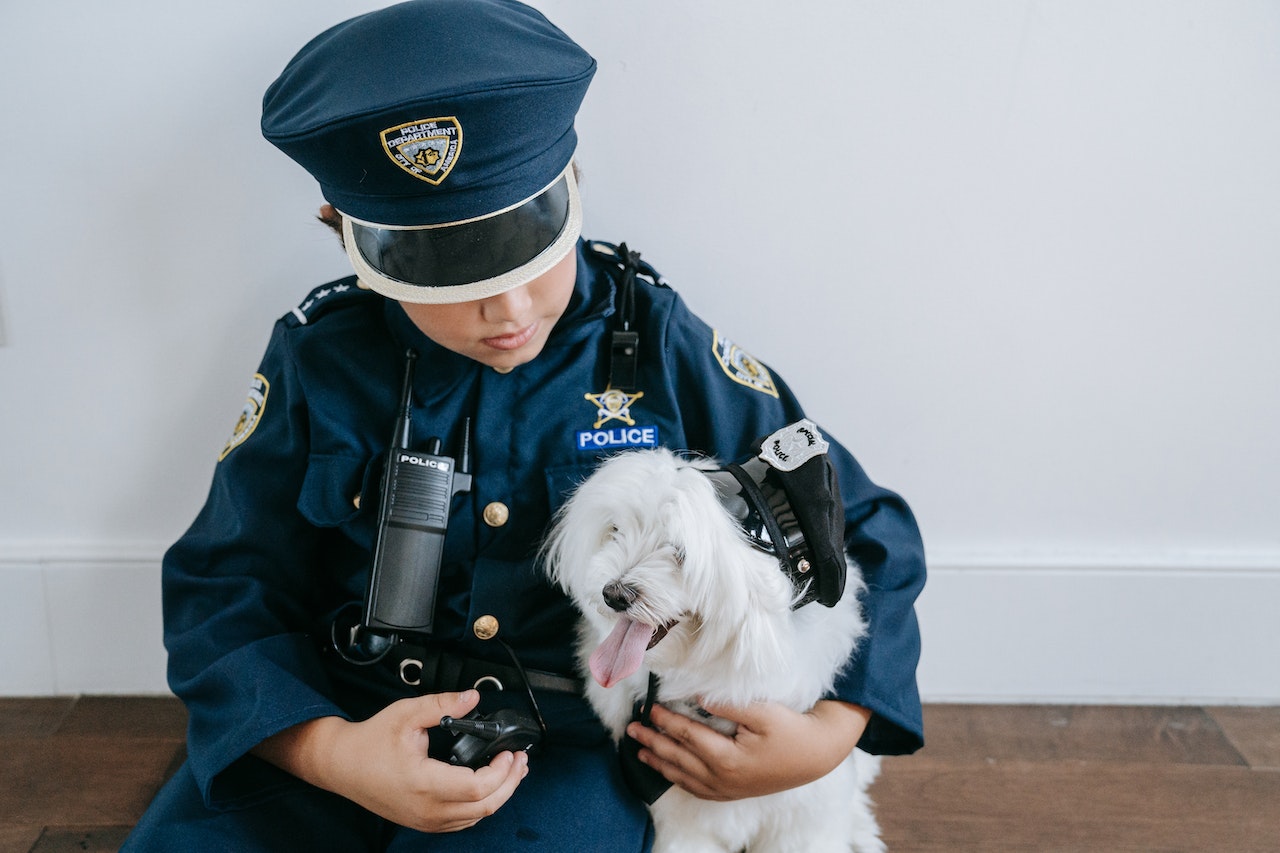FSB, Street No. 22, Punjab, Pakistan
K-9s, commonly referred to as police dogs, have the responsibility of defending and supporting law enforcement officers. These dogs hunt criminals and also sniff out evidence, search for drugs and explosives, and find the missing. Unsurprisingly, police dogs play a significant role in contemporary law enforcement. Have you ever questioned what happens to retired K-9s? You are fortunate. To understand more, keep reading our article! Bill Clinton may have mentioned Robby’s Law to you back in 2000. This law allows owners of retired military and police dogs to adopt them. Until Robby’s Law was enacted, these dogs were frequently put to death when they lost the ability to perform their duties. One encouraging statistic is that most police canine handlers adopt their canine partners. Given the strong attachment between the dog and the handler, this makes the most sense.
Specific organizations provide assistance to law enforcement professionals who adopt retired police dogs. We can think of two organizations that offer assistance: the National Police Dog Foundation and the Retired Police Canine Foundation.
Benefits
These organizations assist in raising awareness, pay for retired police dogs’ veterinary care, and provide other services that improve their lives. Although this is not always the case, the majority of police dogs are adopted by their handlers. Police dogs who have retired deserve to spend their golden years in loving homes since they are true heroes. Robby’s Law is a blessing since it ensures that the majority of retired police dogs live out their lives with their handlers. Adopting a retired police dog is rewarding, but it’s a job with lots of duties.
What Takes Place When Police Dogs Retire
A police dog is trained to flee danger, track down criminals, detect explosives and drugs, and always protect their human companion. Before joining duty, a police dog must go through thorough training, which might take years. Prior to 2000, the government routinely executed former police and military dogs because they believed their specialized training made them a menace to the public. However, Robby’s Law, passed in 2000, allowed police and military handlers to keep their canines.
Immediately Following Retirement from Service
Training the dog to reduce its violent behavior and cease being a police dog is one of the most challenging aspects of transitioning a retired police dog into normal life. Police dogs will protect lives at all costs. Nevertheless, these courageous dogs are trained to protect themselves under particular circumstances. Additionally, military dogs receive specialized training that may cause them to become extremely violent. A handler must undergo intensive training before getting a police or military dog to help it acclimatize to ordinary life.
Physical Conditioning
During their years of duty, police dogs get a lot of physical training, and as they age, their bodies are less able to withstand that training. The issue for handlers is to keep their former police dogs active without causing them any injury. A brief stop at a Brooklyn dog daycare can allow a retired police dog to get some exercise in a supervised setting. Although owning a former police dog can result in incredibly high medical expenses, handlers don’t particularly worry about it.
Different Forms Of Adopters
Whenever another member of law enforcement cannot do so, the primary handler of the police or military dog will be awarded adoption. Eligible dogs have worked with an officer who has a special bond with the dog, preferably a K-9-trained cop.
Rarely, residents may be able to adopt former police canines. Before adopting a former police canine, a citizen must complete a test that determines their suitability to care for a certain companion.
The relationship between a police canine and its handler may evolve into something truly remarkable. If the dog becomes unfit for duty, the handler has the option of adopting the animal.
There aren’t many more ideal matches in the world of pet adoption than a dedicated retired police dog and the person it lived its life with for so long.
What occurs to police dogs once they leave the force?
Because of their advanced age, intensive training, and demanding life in the emergency services, dogs can be rather expensive to insure, and most insurance companies do not cover pre-existing diseases.
Although the Devon and Cornwall Police and Crime Commissioner provides the retiring dogs with a one-time honorarium as a “license to chill,” this does not last long. With the aid of Nicola Skelley, a member of the Police staff, three police dog handlers—Vikki Ritchie, Andi Darbey, and Steve Dutton—formed Pawsome Pensions in May 2018.




